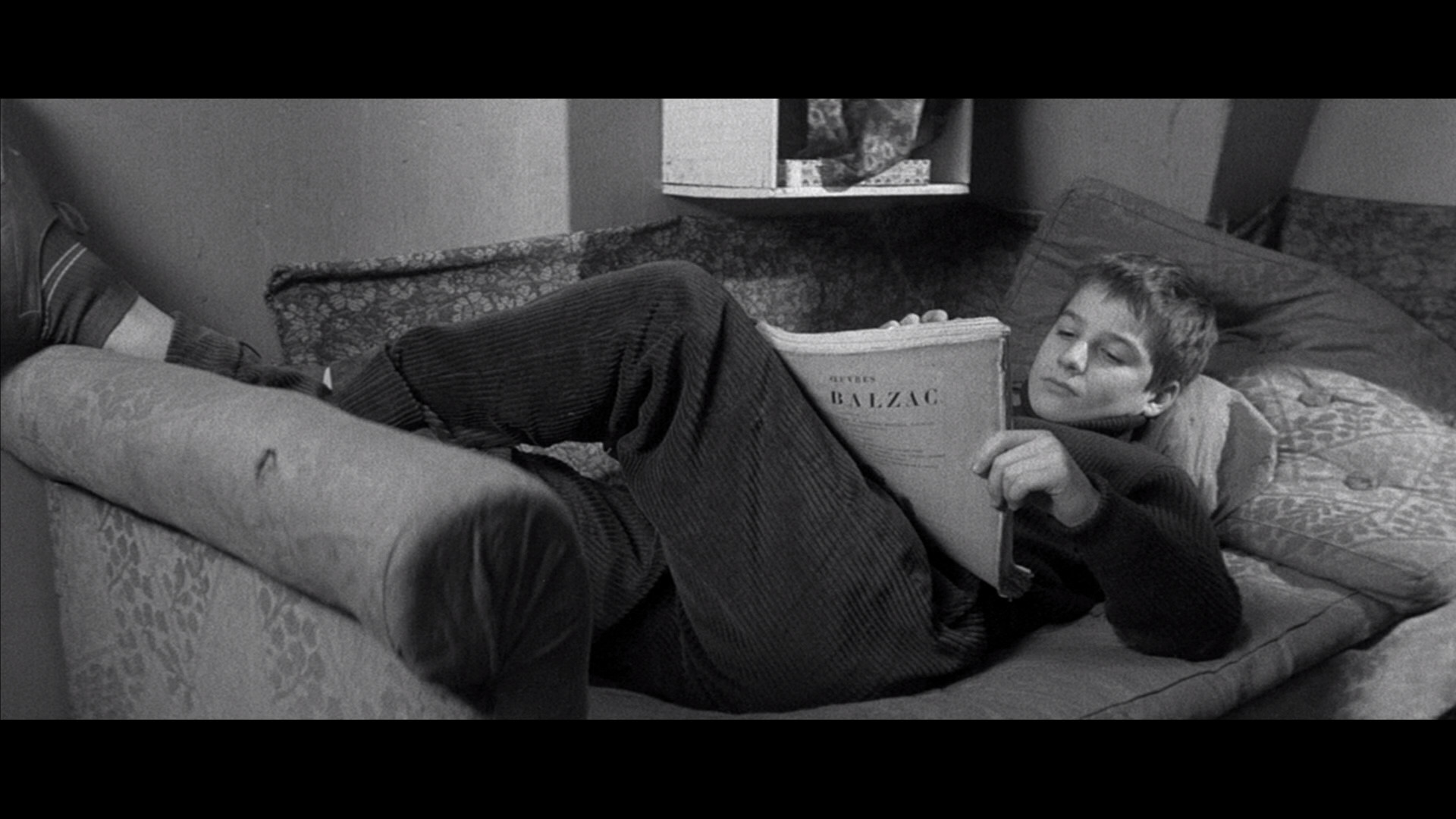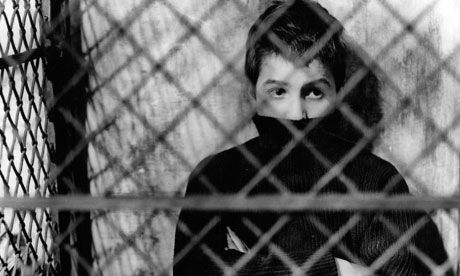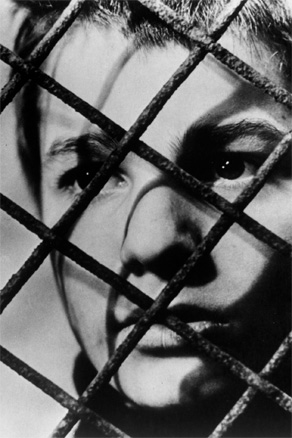French Film (The 400 blows)
The 400 Blows-Les Quatre Cents Coups

The cast of the film:
Jean-Pierre Léaud was starred as Antoine DoinelClaire
Maurier as Gilberte Doinel (Antoine's mother) .
Albert Rémy as Julien Doinel, (Antoine's father).
Guy Decomble as School teacher (Sourpuss).
Patrick Auffay as René Bigey.
Georges Flamant as Monsieur Bigey.

Francois Truffaut was the director of 400 Blows. The French film was produced in 1959 and was announced the Best Director Award at the 1959 Cannes Film Award. Also it was awarded the Best European Film award at the Bodil Awards. Another major accomplishment for the film was the Best Original Screenplay at the 32d Academy Awards. It has a 100 rating on Rotten Tomatoes and on the BFI list of 50 movies you should see by the age of 14.
I adored the film, though without a moral or specific aim behind the film it acheived to captivate a 16 year old American teenager in another language. The plot is interesting and never loses action, while showing the drama that one would never realize from the outside of a family, but is truly so common.




2) Was the film aesthetically beautiful? if yes how and if not why not?
The film was impeccably shot, with truly beautiful camera work done. The transitions in each shot were well put together, several shots were truly captivating, that of the Eiffel tower in the opening credits, and my personal favorite, the shot of the boy running away from the observation center, the shot may look simple but in understanding the shot one realizes that the camera was not in one location following him across the field, the camera moved with the boy for a distance of almost a football field, which would be extremely difficult to set and shoot. A final aesthetically pleasing shot was that of the boy staring out over the ocean, which although under slightly different circumstances then he imagined im sure, was the fulfillment of his dream.

3) How does the film compare to an American film of a similar genre, how is it different
This is an extremely difficult question to answer as it does not really fit into a genre, the best niche it fills is a "coming of age drama" in which the character is almost a hero to the audience, with individual flaws and positives, trying to find there place in the world, this movie however does not have much of an American counterpart, or atleast none that i have seen, though if there is one i would much enjoy to see it. as a film though it is not directed or shot in the same way as many american movies are, most american films are shot to keep the crowd captivated, while French directors appear to focus more on the beauty and art of cinema, as apposed to the aspect of making a salary through box office sales, french films are almost an indy genre in a way, though much much better

4) what are 3 major themes the film addresses? how are those themes played out?
The film demonstrates many themes, drama, heart ache, a sense of lostness, struggle, and hardship, though there is also joy, and a sort of flamboyant state of mind that one only observes in youth. to choose the main three it wold have to be conflict, mainly that of the home life, which is played out in the issues the boy faces in coming to terms with being an illegitimate son, a mother who does not particularly care for him, and that his father is being cheated on. the next theme would be the sense of lostness, which is demonstrated through the boy's desire to "make it on his own" as he puts it, he struggles through this by skipping school, stealing, running away, all because of a sense that he could do better on his own and that even his attempts at success are met with failure, such as his attempt at writing his essay. the 3rd and final theme has to be that of crime, which the entire film is based around, the boy begins with milk, moves on to clocks, and finishes with typewriters, his final masterpiece is escaping from the correctional facility

5) What does this film show about French culture?
The film is very revealing about French culture, or at least, French culture in the time period. Children were allowed far more freedom, even so young as grade school. Also from what I can see, physical punishment was far more common, and also taken far lighter by the children themselves. I am glad to know that French children still have the same sass and wise cracking streaks as American children do. These children also display far more initiative and independence then I have ever witnessed in an American child of that age.
Summary: This film depicts the life of young Antoine Doinel, a child growing up in a lower-middle class Parisian family. The film describes Doinel's journey into adolescence, filled with less then typical adventures. Between Antoine and his young partner-in-crime Rene, the audience is given their fair share of mischeif, theft, vagrancy, jail, sassy attitudes, and under age drinking. It is a very good film which I personally adored and I'm sure anyone else who enjoys movies would as well.
No comments:
Post a Comment